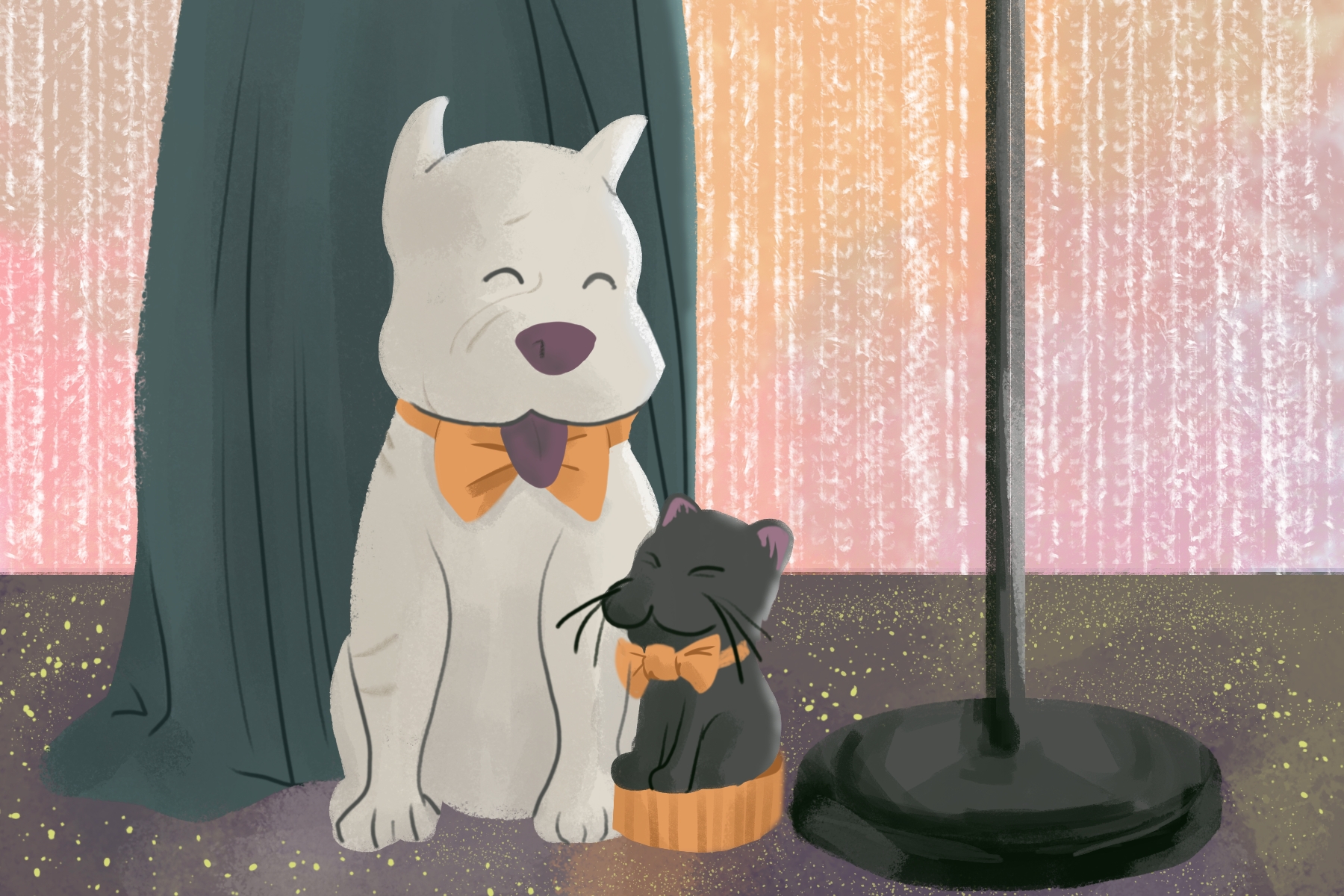Most of us are staying home, watching movies, cleaning and doing schoolwork as a result of the coronavirus. This led to a conversation between my friend and I, an art major, as to why several animated films did not receive the recognition they deserved. Only Disney animated films have ever been nominated for best picture — for example, “Beauty and the Beast” in 1992. During the ‘90s, animated films could only receive best picture, since there was no individual category for animated films. “Up” and “Toy Story 3” would also be nominated for best picture, though neither of them would win
In 2001, the Academy created a much-desired new category: best animated film. The Academy claimed the world was realizing animation was no longer a “kids genre,” and yet it’s constantly written off as such. These films, just like live-action movies, are made with thousands of workers. Animation is also the most capable form of film as it can take multiple forms, such as painting, drawing and computer animation, as well as different dimensions in which to display it. According to an article posted on Moovly, “It’s one of the most versatile and challenging aspects of film making, which is why more and more adults are giving it more credit rather than disregarding it as kids’ entertainment.”
While the art form is extremely capable, only two categories are exclusively for animation: best animated feature and best animated short film. Categories like best actor, best actress, best supporting actor and best supporting actress are only accessible to performers starring in live-action films even though voice actors breathe life into famous characters. Most people are familiar with the emotional performances of Idina Menzel and Kristen Bell, but voice actors don’t typically get nominated for best actress. And these are the famous, multibillion dollar Disney films.
Animated films like “Klaus,” which are not a part of the Disney franchise, were overlooked and lost the race against “Toy Story 4,” even though the latter was the fourth installment of a film. Many viewers believed the “Toy Story” series had reached an appropriate end with the nostalgic, beautifully animated “Toy Story 3,” which stayed true to the prior films’ messages, whereas “Toy Story 4” seemed like an unnecessary chapter no one had asked for. The director himself said the previous movie was an ending to Andy’s story, but not to Woody’s. But doesn’t Woody’s story end with Andy’s? And what was the point of Woody’s defining arc through the first three movies if “Toy Story 4” changed that message? These feelings aside, this nostalgic film took home the Oscar while other films like “Klaus” were ignored.
The compelling story, visuals and innovation in “Klaus” are something rarely seen in a world where nearly all animated films are computer-animated. “The aesthetic is something that a few years ago would’ve been considered impossible,” said Sergio Pablos, the director of the film. “We are picking up traditional animation where it was left off which was sometime in the ‘90s. I thought, ‘What can we do to the traditional animation pipeline?’”
The sound editing and animation of “Klaus” are phenomenal, but animated films cannot be nominated for best animation, best voice acting or even best original song in an animated film, because these categories do not exist. They are required to compete against every other film nominated for an Oscar. Adding separate categories for animated films or adding an additional award for animated movies, instead of slumping all of these movies together and forcing them to compete against one another, is long overdue.
















